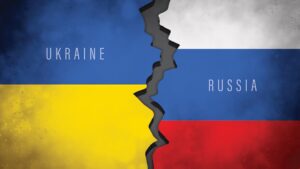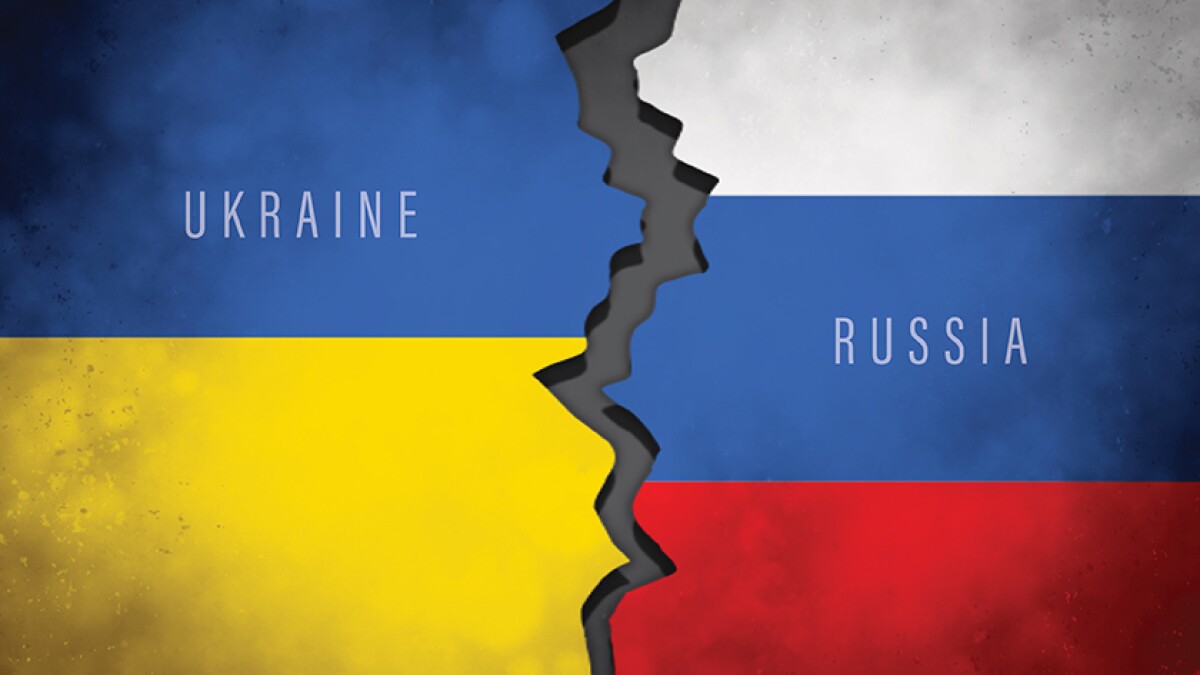Negotiating Under Fire: How Russia’s Drone Assault Undermines Peace in Ukraine
his attack resulted in civilian casualties, including the death of a woman in the Kyiv region and injuries to others, including a child, while air raid alerts lasted for nearly nine hours across Kyiv and eastern Ukraine125. The assault highlights Russia’s strategy of intensifying military pressure during diplomatic negotiations, undermining trust and the prospects for peace15.
Such a title effectively conveys the tension between ongoing diplomacy and simultaneous military aggression, framing the article to explore how these attacks impact peace efforts and civilian lives. Russia Ukraine conflict 2025
https://en.wikipedia.org/wiki/Ukraine
Three years since Russia’s February 2022 full-scale invasion of Ukraine, Russia still occupies roughly 20 percent of the country after gaining over four thousand square kilometers of territory in 2024. Russia continues to bombard Ukrainian cities, while Ukraine maintains drone attacks on Russian ships and military vehicles. Since January 2022, Ukraine has received about $407 billion in aid, including over $118 billion from the United States.Fighting and air strikes have inflicted over 40,000 civilian casualties, while 3.7 million people are internally displaced, and 6.9 million have fled Ukraine. 12.7 million people need humanitarian assistance.
As the United States works to negotiate an end to the war in Ukraine, the approach taken by the Donald J. Trump administration has escalated tensions between Kyiv and Washington and strained relations with NATO allies. The United States has pressured Ukraine to make concessions, including recognizing Crimea as Russian territory.
Despite Trump’s efforts to broker peace between Kyiv and Moscow, Russian strikes on Ukraine continue, with both sides unable to establish durable ceasefires and truces. On April 30, Kyiv finalized an agreement granting the United States access to Ukraine’s critical mineral reserves in exchange for continued U.S. support and military aid. Russia Ukraine conflict 2025
Why is Ukraine a geopolitical flash point? 
Ukraine was a cornerstone of the Soviet Union, the archrival of the United States during the Cold War. Behind only Russia, it was the second-most-populous and -powerful of the fifteen Soviet republics, home to much of the union’s agricultural production, defense industries, and military, including the Black Sea Fleet and some of the nuclear arsenal. Ukraine was so vital to the union that its decision to sever ties in 1991 proved to be a coup de grâce for the ailing superpower.
Just a couple of days into the war in Ukraine, Russian President Vladimir Putin publicly put Russian nuclear forces on a higher state of alert, signaling the Kremlin’s ability to escalate if wanted. Since then, the nuclear warnings have been used by Russia on various occasions to remind the United States and NATO that if they get too involved in the conflict Moscow could use any means at its disposal with catastrophic consequences.
Lately though, at the Valdai Discussion Club held on October 27, President Putin denied having any intentions of using nuclear weapons in Ukraine. Speaking at the conference, Putin said that it is pointless for Russia to strike Ukraine: “There is no point in that, neither political nor military”. He added that the previous warnings of his readiness to use “all means available to protect Russia” were merely a response to Western statements about their possible use of nuclear weapons. Russia Ukraine conflict 2025
Under pressure underrated.

For 204 years, the Guardian has pursued independent journalism with purpose, rigour and resolve. But now, in 2025, we face new kinds of challenges, of a type largely unimaginable in the past.
The economic foundations of the news industry have been dismantled by powerful technology platforms. Over the past two decades, thousands of newspapers around the world have closed or shrunk beyond recognition. In their place, social media networks have flooded public discourse with misinformation.
At the same time, journalists are under growing political pressure. From exclusion and censorship to harassment and violence, those who seek to hold power to account are being silenced. Authoritarian and anti-democratic leaders are working to weaken press freedom and take control of the information space.
This is not a distant threat. It is happening now. And it strikes at the heart of truth, accountability and democracy.













